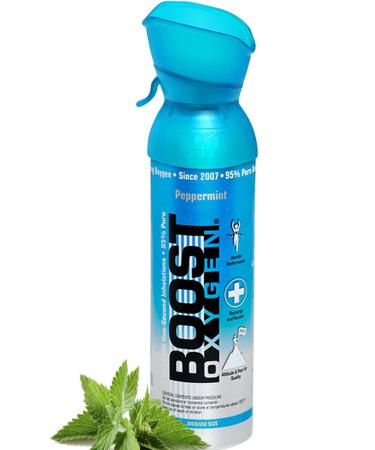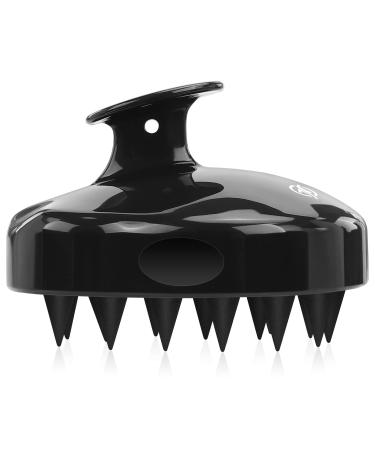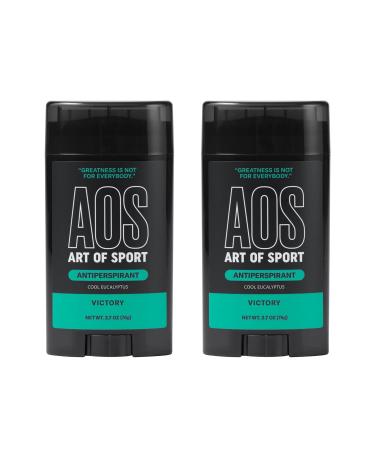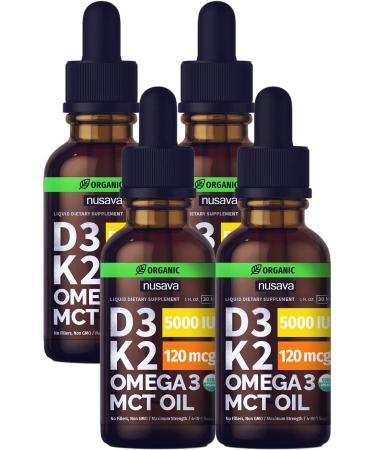WHAT IS PSYLLIUM
Psyllium is a plant that is increasingly used for its beneficial properties. The term 'psyllium' is used to indicate that the plant belongs to the Plantaginaceae family, and it comes mainly from India.
The value of this plant is most certainly to be found mainly in the coating of its seeds. The cuticles that cover the seeds of this plant are rich in soluble fibre having beneficial properties for the digestive system.
THE PSYLLIUM PLANT
Psyllium is a medicinal plant belonging to the Plantaginaceae family whose scientific name is Plantago ovata. Widespread throughout the Mediterranean basin, Middle East and especially India, it is an annual herbaceous plant that prefers semi-sandy soils.
Medium in size, it can reach 50 cm in height and has characteristic small, yellow flowers. Its seeds, which boast soothing and softening mucilages, are used in a range of different treatments. The plant is harvested in March and April, while the season is still dry and the morning dew is just beginning to disappear.
PSYLLIUM'S BENEFITS
It is a food known and used to help regulate the intestinal tract. It has an emollient and soothing action on the digestive system, promoting a normal volume and consistency of the stool.
In addition, it has a prebiotic effect, so it selectively promotes the growth and activity of one or more bacteria already present in the intestinal tract.
TASTE & TEXTURE
Psyllium seed husks have a fairly neutral taste and a very light colour. They can be found at various grades of purity, depending on the presence of impurities, which can be seen in their colour. Usually psyllium husks can be found on the market with a purity of approximately 95 to 98%.
NaturaleBio's psyllium husk is the purest form available (99%).
This means that it contains less than 1% impurities, which are, in any case, harmless substances normally found in this type of product. Our Psyllium husks are steam treated in order to break down bacteria and ensure longer, safe preservation. The steam treatment is a gentle and safe process, for hygienic reasons only, and fully preserves all of psyllium's nutritious properties.
HOW TO CONSUME PSYLLIUM HUSK
Organic psyllium husk can be consumed in many ways, but should always be accompanied by plenty of water. The husk can be added to water, smoothies, juices and other drink ... or can be used in bread doughs, desserts or as a thickening agent.
PSYLLIUM RECIPES
Psyllium hulls may be consumed in any of the following ways:
- water or tea
- other beverages
- milk or yoghurt
- fruit juices
- as an ingredient for cooking homemade desserts
- in bread doughs
- in milkshakes, smoothes and freshly squeezed juices
- in biscuits
- as a thickening agent
N.B. Before using psyllium, it is recommended to consult a doctor. Should any adverse reaction occur, discontinue use and consult a doctor.



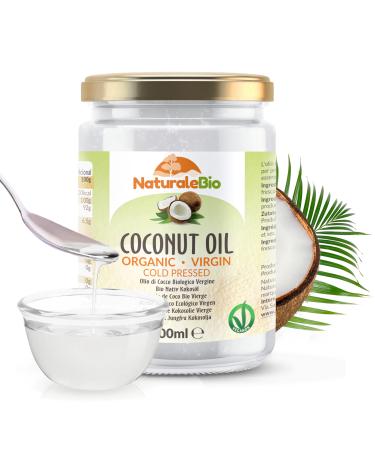











![Stewart Freeze Dried Dog Treats Made in USA [Single Ingredient Puppy and Dog Training Treats - Grain Free Natural Dog Treats] Resealable Tub to Preserve Freshness - Buy Online on GoSupps.com](https://www.gosupps.com/media/catalog/product/cache/25/small_image/375x450/9df78eab33525d08d6e5fb8d27136e95/6/1/61gwbbixarl._ac_sl1500_.jpg)

